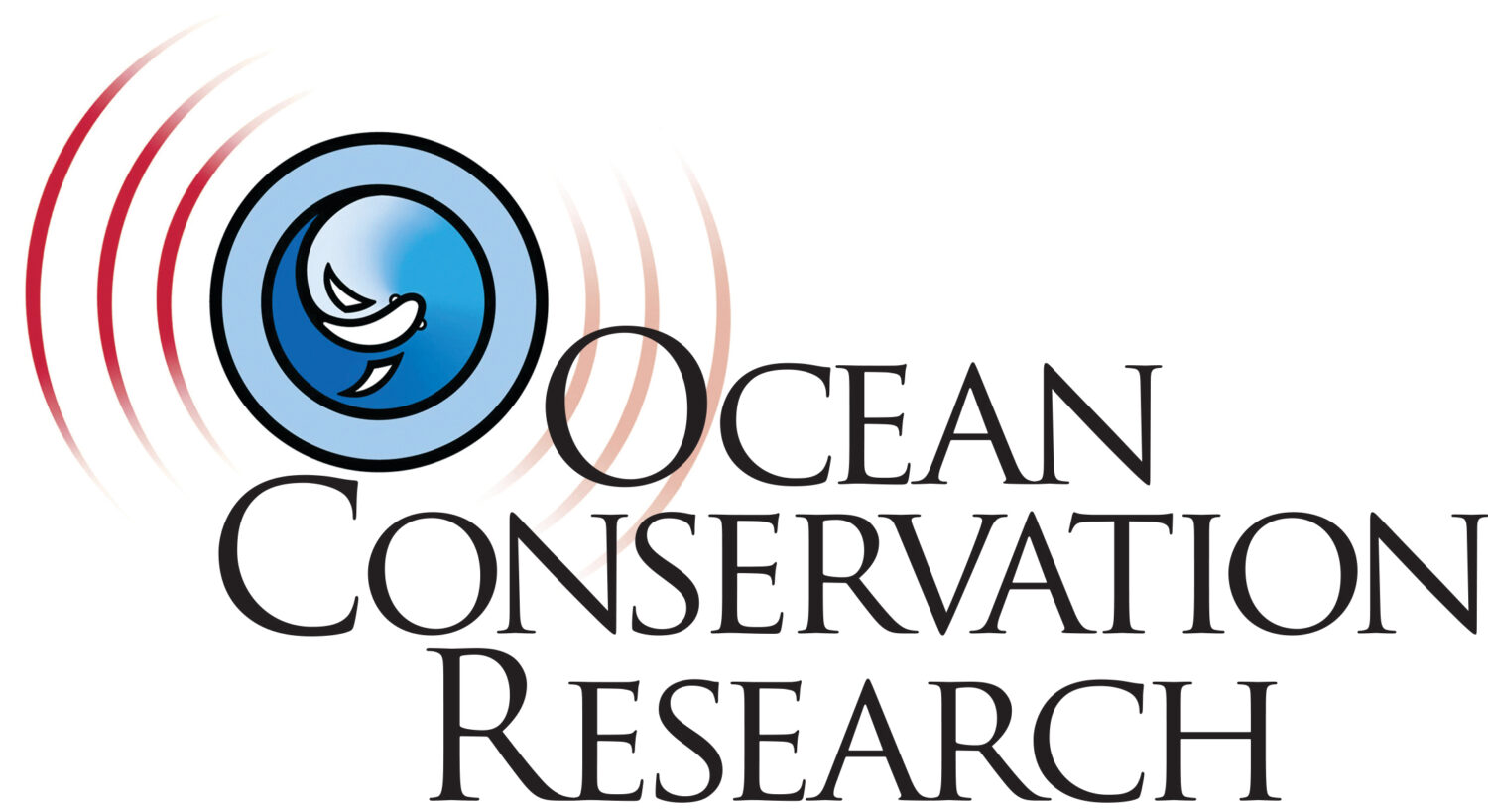OCR associate and marine biologist Mario Rivera has received coverage in Costa Rica’s “El Financiero” for his work with singing fish. He is using sound-pattern recognition software to identify breeding aggregations of fish – in this case “weakfish” (Cynoscion squamipinnis) to determine conditions of their natural history.
Like many vocalizing fish, the weakfish sing when they are mating, perhaps to advertise breeding fitness. So when they’re singin’ they’re “swingin’.” Breeding fish are much more valuable in the water than in the market, so knowing when not to catch them can be an important conservation tool. The objective of Mario’s work is to determine when the fish are breeding so that fisheries managers can regulate commercial catches toward sustaining the fishery.

Cynoscion squamipinnis © Ross Robertson
Fish songs can tell us a lot about the health of an environment, such as if the fish are breeding. The songs can also be an indicator of individual size, how healthy they are, and how many there might be. Of course humans aren’t the only species interested in the quantity and quality of fish aggregations, other predators are interested as well.
Pending funding, we hope to work on a different project with Mario and Dr. Hector Guzman (Smithsonian Tropical Research Institute) to determine if there is a correlation between whale shark feeding sites and aggregations of breeding snappers. Whale sharks feed on the drifting snapper gametes , so snapper breeding aggregations are of interest to them.
Snappers also sing, so if the sounds of the snappers attract the whale sharks it might be revealed in their movements. This could prove to be a good conservation tool in keeping fast-moving ships (and their noise) away from areas where whale sharks are listening for snappers and feeding on their gametes. This would have the added benefit of preventing whale-shark ship-strikes.
Simple fish songs with an important conservation message…

